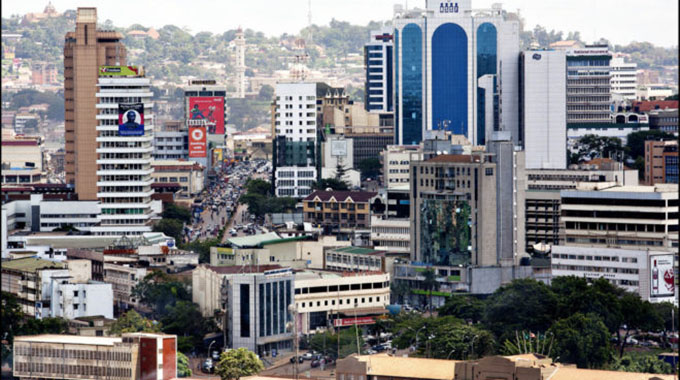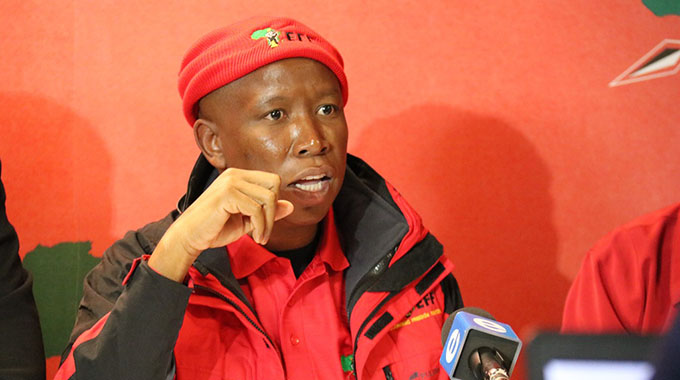‘Africa must get it right on urbanisation’

Jennifer Musisi
KAMPALA. – No country in the world has ever developed without urbanising. This has been the case in Europe and North America, and in recent decades, cities provided the foundation of the so-called “East Asian Miracle”.
Urbanisation is a positive force for growth – having people and firms located close to each other connects producers to consumers as well as their markets. It also provides firms their labour and the ability to source for inputs. The resulting connectivity makes people and therefore firms more productive. This is why urbanisation can provide the backbone of growth for national economies.
Density in a city, however, also comes with its downsides. In Kampala, we feel the effects of this on a daily basis with congestion. There are estimates that approximately 24,000 hours of labour per day are lost just by people sitting in traffic jams.
Density, if it is unmanaged, can take its toll on liveability in the city as well. This is particularly evident in densely packed slums that sprawl through our city. To help manage these downsides, prioritising urbanisation on the national agenda in order to make investments in sound public policy and adequate infrastructure is key.
The major challenge in this respect are that cities, like Kampala, are urbanising quicker than necessary infrastructure investments can be made. With the urban population growth rate estimated to currently be about 5.2 per cent, Kampala is projected to become a “megacity” of over 10 million people by 2040.
Furthermore, unlike in Europe and North America, cities in sub-Saharan Africa are urbanising in low-resource environments, making financing the necessary large infrastructure challenging. This is exacerbated by the fact that some estimates predict that retrofitting infrastructure investments, after the city has already grown, can be up to three times more expensive than at the beginning of a city’s development.
Despite all these challenges, we have made great strides in managing our city in the last six years. We have improved our own-source revenue collection by 186 per cent. Part of this revenue is reinvested in infrastructure; the rest goes towards providing social services including education, healthcare, sanitation, and workspaces for the growing Kampala population. Through a loan from the World Bank, we have managed to reconstruct over 200km of roads in the city. Furthermore, garbage collection has increased from 16,000 to 31,000 metric tonnes.
We are also improving liveability in our city through other ways. In particular, through improving and increasing the number of green spaces as well as undertaking a number of beautification efforts, communities will increasingly be able to enjoy public space in the cities.
All these efforts have reinstated confidence amongst a variety of stakeholders in the direction that Kampala is taking. Most importantly, it has restored hope and provided a sense of direction for residents in the city and firms looking to invest in Kampala.
As countries in sub-Saharan Africa strive to become middle-income, cities like Kampala still have a major opportunity to provide the backbone for economic growth. This is because we are still at the beginning of our urbanisation journey, with nearly two-thirds of our cities still to be built.
Now is the opportunity to get urbanisation right and make it a force for productivity and change. As our urbanisation paths are very different from those taken by other cities in the world, we also need to build up our own evidence base and learn from each other. This is why, together with leaders from other African cities and distinguished academics on urbanisation Edward Glaeser at Harvard University and Sir Paul Collier and Tony Venables, both at Oxford University, I am spearheading a new initiative Cities that Work through the International Growth Centre.
With this initiative, we aim to provide the evidence-based support for urban policymaking in cities like Kampala. This policy support is, most importantly, based on our priorities. Given different policies are needed in varying contexts, the initiative also presents a menu of different policy options for people like myself who face tough decisions on a daily basis. We are growing our network of policymakers, practitioners, and academics because harnessing the opportunities of urbanisation requires the finest minds working together to provide innovative solutions to the challenges we face.
Uganda aims to become a middle-income country within the next decade. As history has shown us, this will not be possible without our cities. Now is the time to get urbanisation right. – CityMetric.
Dr Jennifer Semakula Musisi is executive director of the Kampala Capital City Authority, and a member of the “Cities that Work” council at the International Growth Centre. She is giving a keynote talk at this week’s UN’s World Urban Forum.










Comments